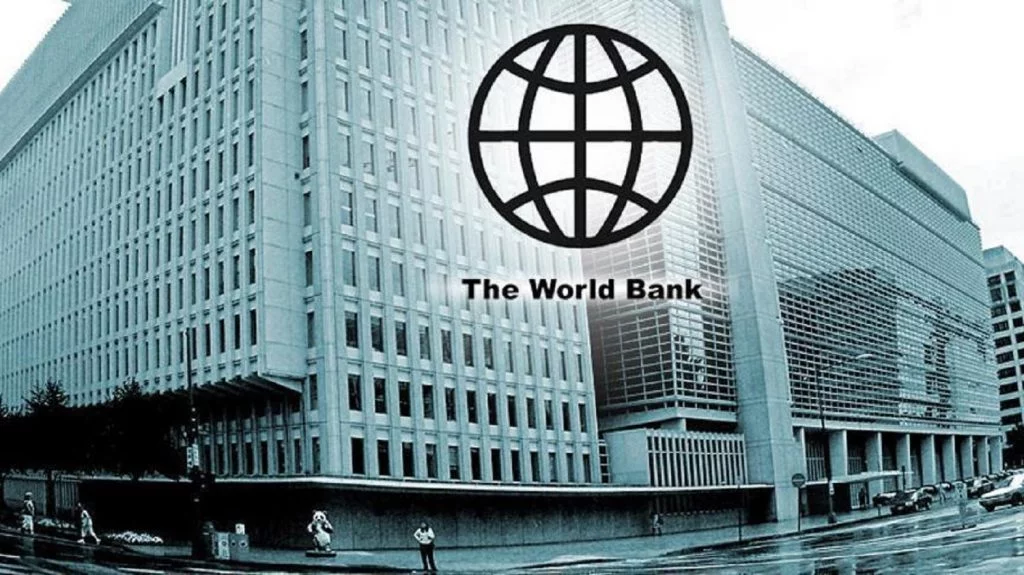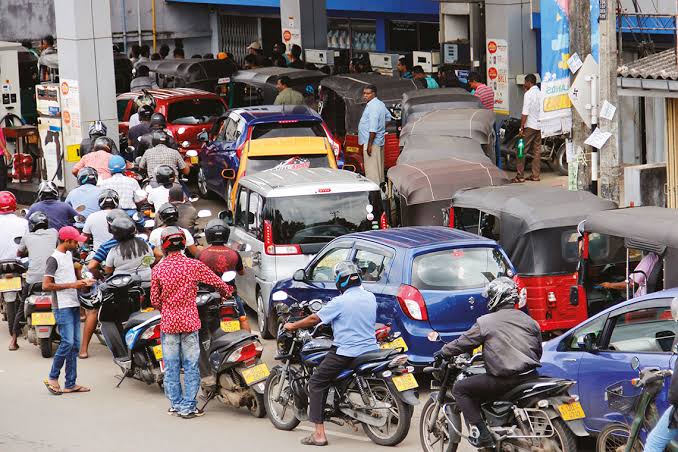The World Bank says the coup d’état in Niger may put additional pressure on Nigeria and other West African nations’ food markets.
According to the global bank, “The Nigerien coup d’état puts an additional seven million people at risk of falling into severe food insecurity in the region against a backdrop of soaring commodity and staple food prices, and severe food insecurity already affecting 3.3 million people during the lean season.”
In its September ‘Food Security Update’, the bank stated that the coup d’état in Niger might put additional pressure on West African food markets.
The Washington-based bank stated that food prices increased by up to 21 per cent in August in Niger owing to the economic and financial sanctions the Economic Community of West African States and the West African Economic and Monetary Union imposed on the country.
It noted that as a result, it limited poor households’ access to food and their ability to meet their dietary needs.
It stated that with the government’s limited financial capacity to implement its food assistance programme, continued provision of food aid by the World Food Programme remains essential, as access restrictions are hindering delivery of aid.
The report observed that FAO expects that shortages of seeds and feed and high fertilizer costs would affect the next agriculture season, exacerbating food insecurity, which is expected to persist beyond the lean season.
According to the Bank, Western and Central Africa were facing persistent food crises, with the number of people in need of food and nutritional assistance in the region rising from around 10.7 million in 2019, 29 million in 2021, to more than 40 million in 2022 and 2023.
The Bank said that between June and August 2023, 42.5 million people in Nigeria and other West African countries were in a food crisis or worse.
It added that the main factors affecting food security are civil insecurity and conflict, which have led to forced displacement, climatic shocks, political instability, adding that the war in Ukraine have increased the volatility of prices for foodstuffs and other commodities and caused widespread inflation as current food prices remain higher than during the same period last year.









